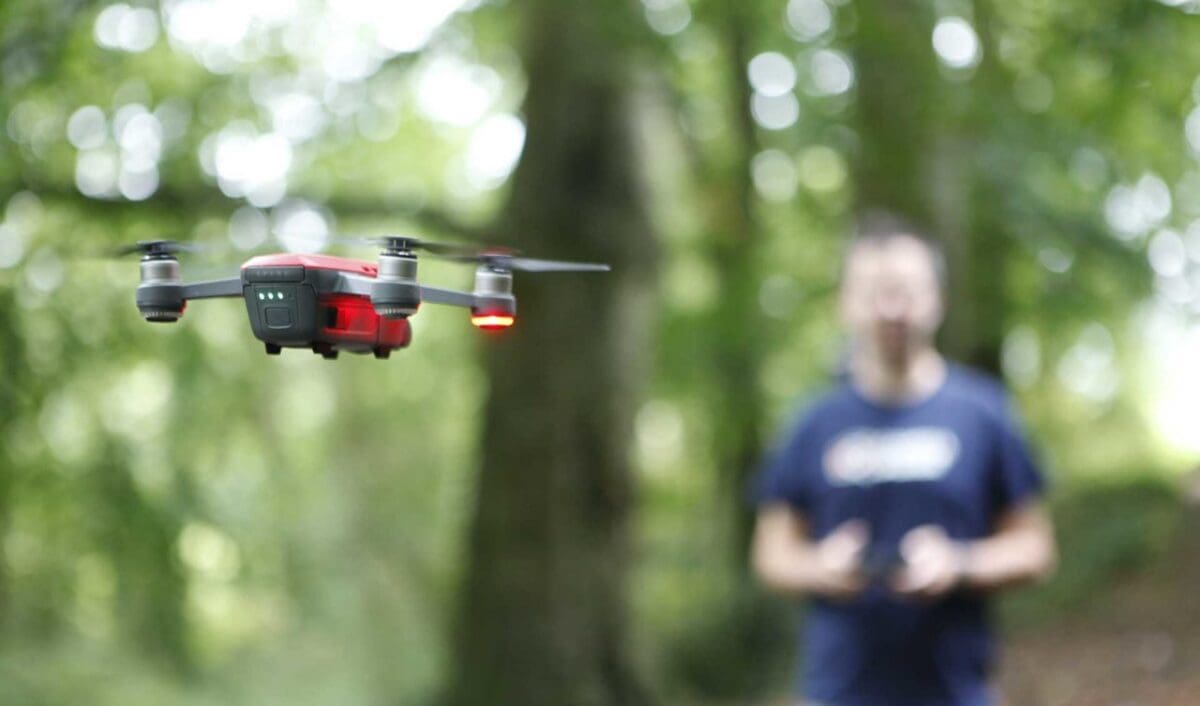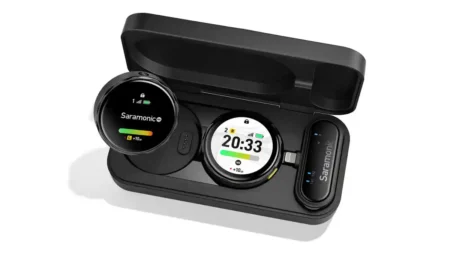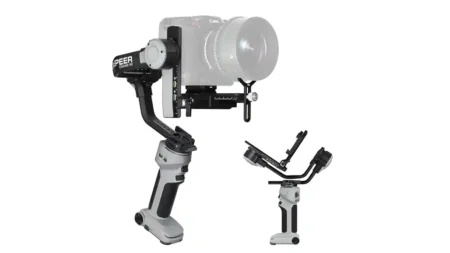Over the last few years, the use of drones both for commercial and personal use has exploded across the world, especially in the UK. In this guest post, the team at Heliguy explain why you might need a PfCO drone licence… and how to get one.
From television and film to professional photography to selfie drones, you see videos and images captured on drones everywhere.
Drone manufacturers like DJI have taken hold of the creative market, releasing products like the Inspire 2, Phantom 4 Pro and the new Zenmuse 7, all designed for creating high-quality aerial photographs and video with ease.
But it’s not always clear who can fly drones in the UK or what kind of licences they need to do so. Heliguy aims to make it clear who needs a drone licence and the process you need to follow to get one.
Drone Permissions, not Drone Licences
First things first, there’s no such thing as a drone licence. The confusion is understandable with driving licence, pilot licence etc.
But for drone pilots, you need permissions.
Permissions are granted by the Civil Aviation Authority (CAA), the regulators of all UK airspace. The permissions are known as Permissions for Commercial Operations or a PfCO and is a document which states the drone pilot has proved their theoretical knowledge and competency to operate a drone safely.
But who needs a PfCO?
Who Needs a PfCO?
In the UK, if you’re flying a drone strictly as a hobby, a PfCO isn’t required and you can fly your drone as long as you follow the CAA rules and regulations. You can share pictures and videos online including social media, as long as valuable consideration isn’t generated.
However, anyone who is planning on making money or profiting in any way from using their drone needs a PfCO. This applies for both personal and business use.
How to get a PfCO
In order to apply for your PfCO through Heliguy, a CAA approved National Qualified Entity (NQE), three sections must be completed. Some elements of this process may not be required with some alternative aviation qualifications.
Ground School – The theory section which gives pilots an understanding of safe drone operations, UK air law, airspace operating principles and equipment used during flight. A theory exam must be completed following this to ensure complete understanding of these areas.
Operations Manual – This is a document required by the CAA for all commercial drone operators. This document outlines your organisation, operating procedures and aircraft systems specifications.
Flight Assessment – This is a practical assessment where the pilot’s control of their drone as well as safety checks and notifications are assessed in a real-world testing scenario.
Following the above, a submission is made the CAA for your PfCO.
Once you have a PfCO, you can fly a drone to make money in any industry, but you must follow all the rules and regulations from the CAA.
In our next post, we will discuss the CAA rules and regulations you need to follow when flying your drone commercially and recreationally.
Heliguy is a CAA-approved NQE that offers drone training, sale of DJI and Freefly products and DJI-authorised repairs.



